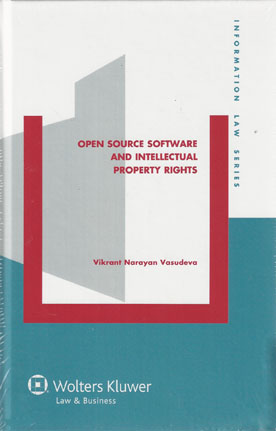
Debate is raging as regards intellectual property and software. Neither copyright law nor patent law seem to satisfy the requirements of software protection.
This legal uncertainty has led to the laws becoming subject to exploitation by corporate and other entities for vested agendas. The resentment towards the inadequacies of laws and practices and their subsequent exploitation is highlighted by the emergence of alternative development models, most notably by the open source software model.
This book proposes a sui generis model for software, following the pattern of recently developed technological distinctions in such fields as database protection, integrated computer circuits, plant breeders’ rights, and the recognition given to collective rights like collective trademark, geographical indication, and traditional knowledge. The author approaches his proposal of a model software law via a thorough analysis of the matter, involving such issues and topics as the following:-
The author’s analysis draws on case law, legal commentaries, books, journal articles, trade journals, and magazines, as well as on informal interviews and discussions with academicians and practitioners. A full model software law is presented in the last chapter. The book puts forth a major initiative to correct the balance between public and private rights to computer software.
Given the pervasiveness and economic importance of the software industry, the sui generis scheme presented here will be of great interest to all involved stakeholders – software developers, corporate entities, legal practitioners, academicians, government institutions and legislative bodies, and academics in the field.